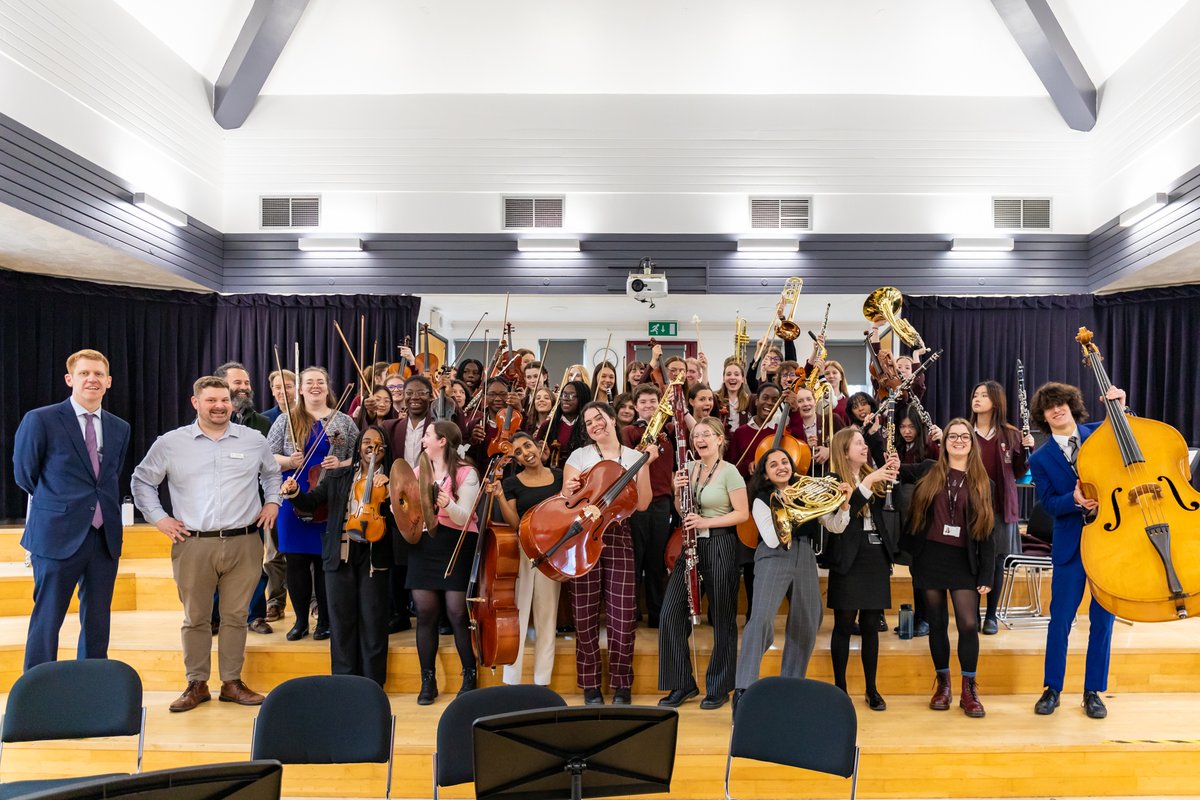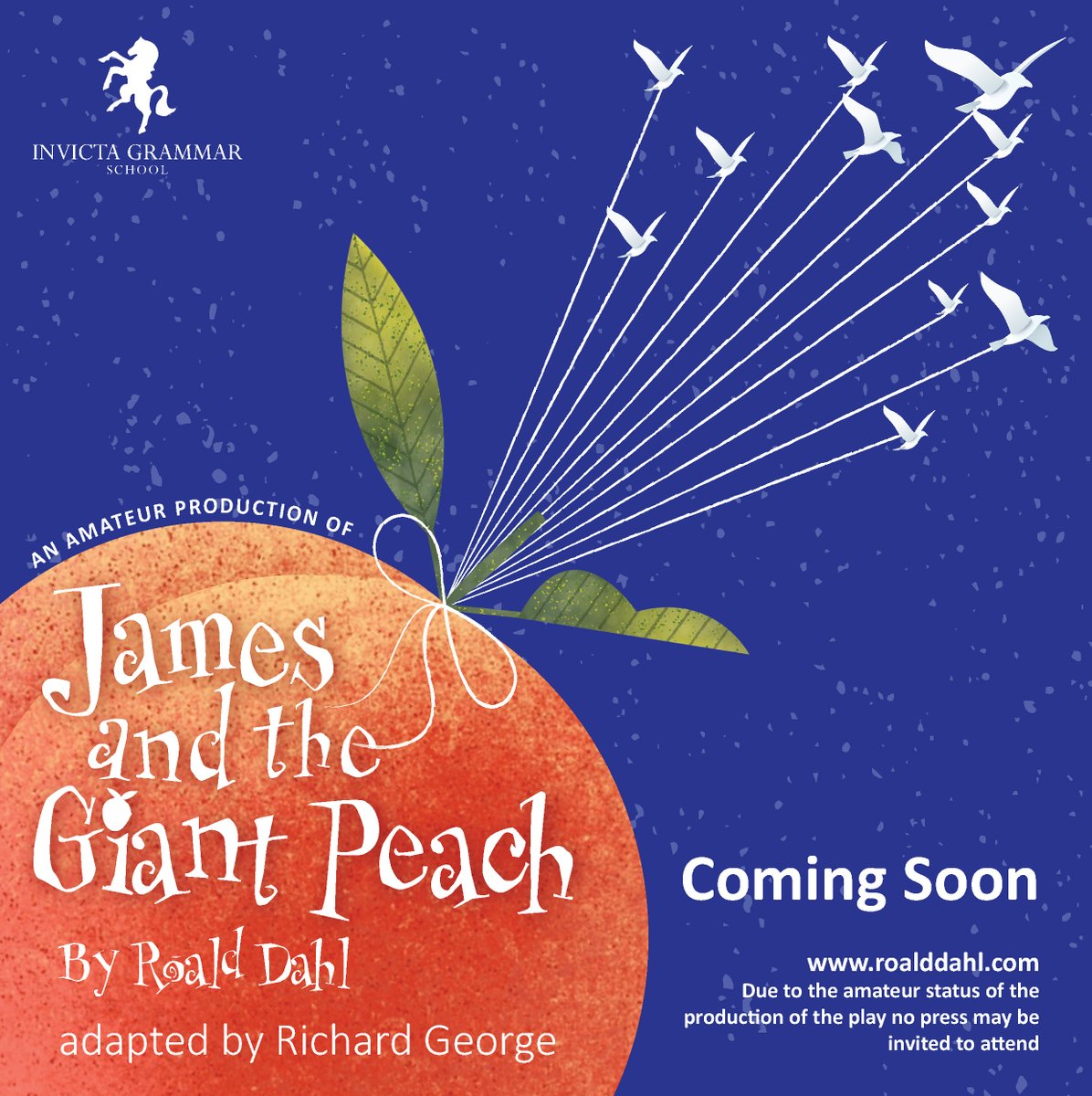History
‘The past is a foreign country. They do things differently there.’ L.P Hartley
‘We are not makers of History. We are made by History.’ Dr Martin Luther King Jnr
Whatever your background, History matters because it is part of our collective memory. A great African-American writer, Marcus Garvey, once said that ‘a people without knowledge of their past history, origin and culture is like a tree without roots.’ Without knowing where we have come from and what people did before us, it is harder to make sense of the world we live in. Like a route map History is our guide to the present showing us how we got here and the roads our ancestors have followed. It is also our signpost to the future and hopefully we can learn from it to avoid the dead-end or dangerous roads others have trodden before us.
All the teachers in the History Department were inspired to come in to teaching because of our fascination with History. We all have our areas of special interest that we love to teach, whether that be Medieval women, slavery in the USA or the Suffragettes. There is so much of interest in History because it connects to so many other subjects, from Literature to Music and from Art to Science.
Whilst we cannot possibly teach everything that is important in History, we believe we have put together a very broad and varied curriculum for our subject which will engage and inspire students at all levels. We are very proud of the number of students who choose History at GCSE, A Level and university and see this as one of our strengths to have inspired our students to study it a higher level.
Key Stage 3
In Years 7 and 8 we aim to give you a fascinating introduction to History at secondary level. Many students will have done a variety of History topics at primary school and we aim to build on all of this knowledge and experience so as to develop skills which will enable you to become a budding historian. You will learn how historians work and how to use evidence. You will also learn about some of the most important topics of British and world history from invasions, castles, rebellions, industry, science, slavery and war. Hopefully by the end of Year 8 you will be excited to carry on with this subject to the next level.
Topics Covered
Year 7
- Topic 1: How did Viking invasion impact Britain?
- Topic 2: What travelled along the Silk Roads?
- Topic 3: How radically did the Norman conquest change England?
- Topic 4: Did religion matter in the medieval world?
- Topic 5: What should go into a documentary about the Tudors?
Year 8
- Topic 1: How can I predict whether a country will play cricket?
- Topic 2: How did ordinary people fight for increased rights and freedom?
- Topic 3: Why do we commemorate Remembrance Day?
- Topic 5 and 6: What were the turning points of World War II?
- Invicta Diploma World War 2 Family or Local History project
- Topic 6: What was the Holocaust?
Timeline
Over a fortnightly timetable students receive:
- 3 hours of guided classroom learning
- 1 x40 minutes a fortnight of guided independent homework
Enrichment and Extra Curricular
To Read
- Elizabeth I, red rose of the House of Tudor –Kathryn Lasky
- The Book Thief – MarKus Zusak
- All Quiet on the Western Front – Erich Remarque
- The Boy in the striped pyjamas – John Boyne
- War Horse – Michael Murpurgo
- The Diver's daughter - Patrick Lawrence
- The Fountains of Silence - Ruta Sepetys
- After the War - Tom Palmer
- Horse Boy - Tanya Landman
- Mohinder's War - Bali Rai
- The Enigma Game - Elizabeth Wein
- The Great Revolt - Paul Dowsell
- The White Phoenix - Catherine Randall
- Cane Warriors - Alex Wheatle
- I, Ada - Julia Gray
To Watch
Secrets of Great British Castles
https://www.channel5.com/show/secrets-of-great-british-castles/
https://www.netflix.com/gb/title/80095866
BBC History: six wives with Lucy Worsely https://www.bbc.co.uk/programmes/b0854cjm
They Shall not grow old https://www.bbc.co.uk/programmes/b0brzkzx
1917 https://www.netflix.com/gb/title/81140931
Darkest Hour https://www.netflix.com/ad-en/title/80189214
To Listen
BBC Sounds: The Battle of Hastings https://www.bbc.co.uk/sounds/play/m000jp20
To Research
Your own family history. For example, did you have a relative who fought in World War One or Two? Research their names on the Commonwealth War Graves site https://www.cwgc.org/
To Visit
Year 7
Battle Abbey and Hastings Battlefield https://www.english-heritage.org.uk/visit/places/1066-battle-of-hastings-abbey-and-battlefield/
Dover Castle https://www.english-heritage.org.uk/visit/places/dover-castle/?utm_campaign=aka_dover_castle_21
Rochester Castle https://www.english-heritage.org.uk/visit/places/rochester-castle/
Penshurst Place https://www.penshurstplace.com/
Hever Castle https://www.hevercastle.co.uk/
Year 8
Chatham Dockyard https://thedockyard.co.uk/
The Imperial War Museum https://www.iwm.org.uk/visits/iwm-london
The Museum of London https://www.museumoflondon.org.uk/museum-london
The National Army Museum https://www.nam.ac.uk/
The Jewish Museum https://jewishmuseum.org.uk/
Year 9 - Foundation Year
In Year 9 you will begin your Foundation Year in History, taking the subject to the next level. Building on some of the work you did in Year 8 on World War One and 20th Century History you will begin to specialise in how revolutions have changed and shaped the modern world. You will learn about one of the most important periods of modern world history; the Russian revolution and how this changed the world. Year 9 is an excellent opportunity to develop your skills as a historian which you will need for GCSE.
Topics Covered
- American Revolution
- French Revolution
- Haitian Revolution
- Irish Rebellion
- How did industrialisation inspire political change?
Timetable
Over a fortnightly timetable students receive:
- 4 hours of guided classroom learning
- 2x 30 minutes of guided independent homework
Enrichment and Extra Curricular
To Read
- Animal Farm - George Orwell (an allegory about the Russian Revolution set on a farm)
- Sektion 20 – Paul Dowswell (novel about a boy who escapes East Berlin)
- The Wall, growing up behind the Iron Curtain – Peter Sis
- Fallout, a novel set during the Cuban Missile Crisis – Todd Strasser
- A Night Divided (a thriller set in Berlin during the cold war)- Jennifer A. Nielsen
To Watch
- BBC History: Empire of the Tsars with Lucy Worsely https://www.bbc.co.uk/iplayer/episodes/b06vmlcg/empire-of-the-tsars-romanov-russia-with-lucy-worsley
- Short documentary about the Berlin airlift https://www.youtube.com/watch?v=CZidBq8QS-g
- Bridge of Spies – a film about spies in the cold war
- 13 Days – a thriller set during the Cuban Missile Crisis
To Listen
- BBC sounds: The Space Race https://www.bbc.co.uk/programmes/m000hmmd
- BBC Sounds: The Moon Landing https://www.bbc.co.uk/programmes/b03vgnk3
To Research
- The Russian Royal family and what happened to them.
- Escape stories from East Berlin
- Cold War secrets and spies
To Visit
- The Imperial War Museum (cold war displays) https://www.iwm.org.uk/visits/iwm-london
Key Stage 4
GCSE History is a fascinating mix of topics. From what you have already done in Year 9 on communism in Russia and the cold war, you will build on those topics to learn about major events in world history such as the nuclear arms race, the space race and the Berlin Wall. We also study other significant topics in History such as the reign of Elizabeth I where you will become expert on this famous Tudor monarch. We also study the history of migration both to and from Britain which will help you make sense of the diverse origins of Britain’s population in an ever more globalised world.
Exam board/Qualification: AQA GCSE
Specification: 8145
- 4 papers x 60 minutes at the end of Year 11
Topics Covered
Year 9/10
- Russia, 1894-1945
Year 10
- Cold War between East and West, 1945-1972
- Migration, Empires and the people c790 to today
Year 11
- Elizabethan England, c1568-1603 including a historical site study
Timeline
Over a fortnightly timetable students receive:
- 5 hours of guided classroom learning
- 2 hours of guided independent homework
Enrichment and Extra Curricular
To Read
- The Time Travellers Guide to Elizabethan England – Ian Mortimer
- Elizabethan London, Liza Picard
- Eliza Rose by Lucy Worsley – The story of a young girl in the court of Henry VIII at the time of Anne of Cleves and her cousin, Katharine Howard.
- A Traveller in Time by Alison Uttley – A young girl lives in the manor of the Babingtons and travels back to the time when the family was caught up in plots to free Mary Queen of Scots.
To Watch
- BBC Teach – Who was Elizabeth I? https://www.youtube.com/watch?v=3KAsUADqACU
- BBC History: Elizabeth I https://www.youtube.com/watch?v=yV9eQT49rkQ
- BBC History: Elizabeth I and Mary, Queen of Scots https://www.youtube.com/watch?v=JSN5JJqGdMM
- Mary, Queen of Scots https://www.netflix.com/ca/title/80994900
To Listen
- BBC sounds: the Spanish Armada https://www.bbc.co.uk/programmes/b00v1qyb
- BBC Sounds: the Tudor State https://www.bbc.co.uk/programmes/p00546xd
- BBC Sounds: Black Elizabethans https://www.bbc.co.uk/sounds/play/p00q826d
- BBC Sounds: Puritans https://www.bbc.co.uk/sounds/play/p00q6l4t
To Research
- The execution of Mary, Queen of Scots
- Elizabethan drama
To Visit
The Globe Theatre https://www.shakespearesglobe.com/
Hever Castle https://www.hevercastle.co.uk/
Key Stage 5
A Level History is where you will become an expert historian. Everything you have learnt at Key Stage 3 and GCSE will have prepared you to become the curious and questioning student you will need to be so as to be successful at A Level. You will specialise in the history of two countries in particular; Germany and Britain, looking at how both nations have gone through change and upheaval within short periods of their history. You will also become expert in research, producing coursework that counts towards your A Level; an excellent preparation for university.
Exam Board/Qualification: AQA A Level
Specification: 7042
- 2 papers x 150 minutes at the end of Year 13 – 40% each
- Coursework – one 4,500 essay by October of Year 13 – 20%
Topics Covered
Year 12
- Germany: 1871-1929
- Britain: 1951-1979
- Witchcraft accusations and persecutions in early modern Britain
Year 13
- Germany: 1929-1991
- Britain: 1979-2007
Timetable
Over a fortnightly timetable students receive:
- 10 hours of guided classroom learning
- 8 hours of guided independent homework
Enrichment and Extra Curricular
To Read
Britain (1951-2007)
- Never Had it so Good – Dominic Sandbrook
- White Heat – Dominic Sandbrook
- Britain since 1945 – Kenneth Morgan
- When the lights went out, Britain in the 1970s – Andy Beckett
- Blair’s Britain 1997-2207 – Sir Anthony Seldon
Germany (1871-1991)
- L Abrams, Bismarck and the German Empire, Routledge, 1995
- A Farmer, The Unification of Germany 1815-1919, Hodder Murray, 2007
- M Fulbrook, Interpretations of the Two Germanies 1945-1990, Palgrave Macmillan, 2000
- D Geary, Hitler and Nazism, Routledge, 2000 • S Lee, Imperial Germany 1871-1918, Routledge, 1999
- S Lee, The Weimar Republic, Routledge, 1998
- S Lee, Hitler and Nazi Germany, Routledge, 1998
- J Thomaneck and B Niven, Dividing and Uniting Germany, Routledge, 2000
- D Williamson, Bismarck and Germany 1862-1890, Longman, 1997
- D Williamson, The Third Reich, Longman, 1995
To Watch
- Thatcher, a very British revolution https://www.bbc.co.uk/iplayer/episodes/m0005brf/thatcher-a-very-british-revolution
- A History of Modern Britain https://www.bbc.co.uk/programmes/b007xcfc
- The 80s with Dominic Sandbrook https://www.bbc.co.uk/programmes/b07n7grm
- New Elizabethans with Andrew Marr https://www.bbc.co.uk/programmes/p07xsjrz
- The Crown (Series 1 and 2)
- The Lives of Others
- Billy Elliot
- Sophie Scholl ( a film about the German resistance to Hitler)
To Listen
- BBC Sounds – Germany, memories of a nation https://www.bbc.co.uk/sounds/play/b04jk08q
- BBC Radio 4 – the invention of Germany
https://www.bbc.co.uk/sounds/play/b04jk08q - BBC Sounds- Post-war Britain https://www.bbc.co.uk/sounds/brand/m0000t68
To Research
- Interview grandparents about the coronation of 1953
- The conquest of Everest
- Ruth Ellis and Derek Bentley
- Mods and Rockers
- Teen culture in the 1950s and 1960s
- Mary Quant
- The Troubles in Northern Ireland
- Britain and the EU
- The fall of the Berlin Wall in 1989
To Visit
The Museum of London https://www.museumoflondon.org.uk/museum-london
The museum of youth culture https://museumofyouthculture.com/
Careers
We have a wealth of information on our Careers page - Please click here to visit.

































